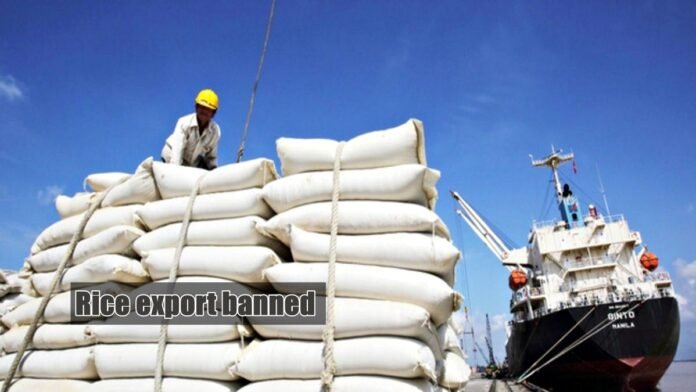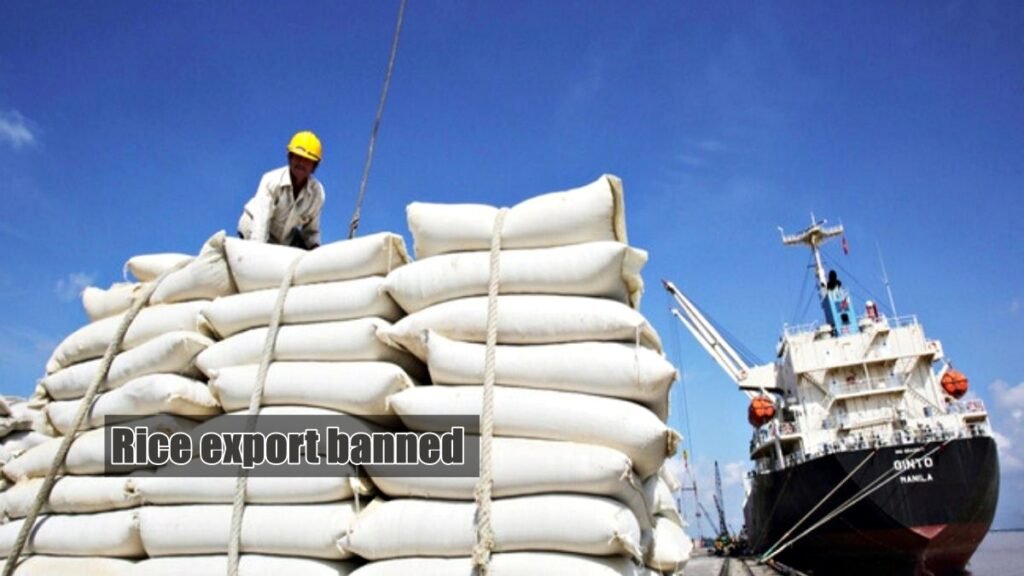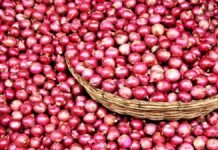
New Delhi: The Central Government has imposed a ban on the export of non-basmati rice. The Directorate General of Foreign Trade (DGFT) gave this information in a notification. According to the notification, the export of non-basmati white rice has been banned. The export of basmati rice has not been banned. In the last few months in India, there is a continuous increase in the prices of food items. Along with wheat, rice, milk, and vegetables, prices of pulses have also seen an increase. Due to the weak monsoon in many states of the country, the threat to rice and pulses has increased. To prevent the rise in the prices of rice in the country, the government has banned the export.
According to a Moneycontrol report, the DGFT said, “Export of non-basmati white rice (semi-milled or fully milled rice, whether polished or not) has been prohibited.” However, non-basmati rice can still be exported with certain conditions.
Few consignments will be sent out now
It was said in the notification that this rice consignment is still allowed to be exported under 4 different conditions. Permission will be given only to rice consignments where the shipping bill has been filed and the ships have already arrived and are anchored at Indian ports. Also, they have been allotted rotation numbers before notification. Also, the consignment of non-basmati rice has been handed over to the customers before this notification and is already registered in their system. Along with this, the export of rice will also be allowed in those cases where the government has given its permission to other countries. The government has given such permission considering the need for food security in these countries.

The government worried over the low sowing of Kharif crops
Till July 14, the sowing of Kharif crops in the country has been 2 percent less than last year. Of the total area sown, rice is sown in 6.1 percent area while pulses crops are sown in 13.3 percent area. Sowing has been delayed due to deficient rains in the major Kharif rice-growing states of West Bengal, Maharashtra, and Karnataka.








































